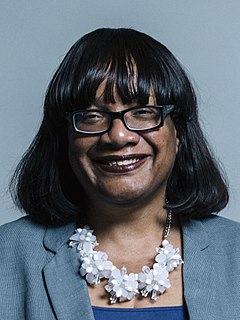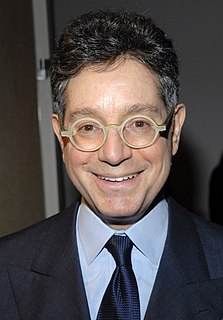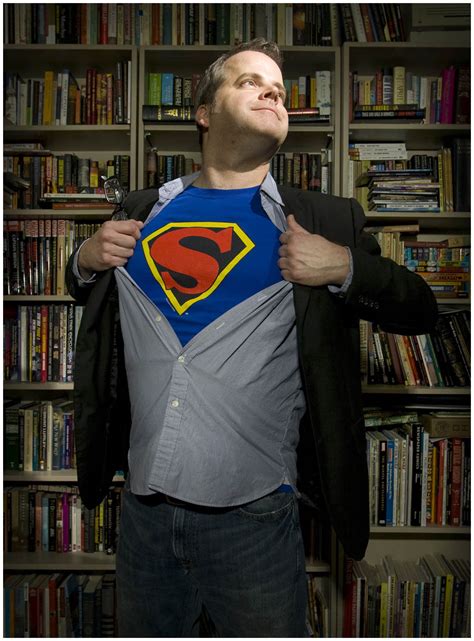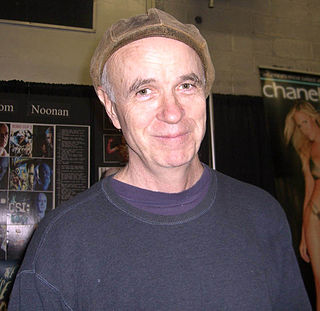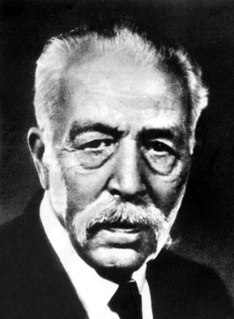A Quote by Ai Weiwei
For those actors and directors who produce films which are always about the old kingdom or about heroes, you know about the fantasies related to the classics, but there is no real discussion about today's life and no discussion of the real conditions - which is really sickening. They've become part of a conspiracy, collaborators of the crime, which is lying to the general public and trying to hide the kind of criminal acts happening in many cases.
Related Quotes
I started getting really curious about art. I read about the Dadaists and the Futurists and the Constructivists - those kind of movements which were reflecting the angst of the people of their times. Their work was trying to lead a movement. I began thinking about what was happening, with painting on the streets and painting on the trains as being similar but also coming from a real, pure space. It wasn't being created by academies. It was a spontaneous combustion of ideas that just happened.
The part of the strangeness of coming back from the war is the way we talk about it. We try to have a discussion about the war that doesn't turn into a discussion about one political side or the other. I wanted to reach out and talk to people about it through fiction, the way a narrative can draw someone in and ask them those questions.
Sidney Lumet is one of my favorite filmmakers. I feel like his approach to filmmaking was always so human. He was always making movies about the people. He wasn't about the tricks, you know what I mean? From 12 Angry Men on. Another film of his which I really, really love is Prince of the City, with Treat Williams, which is kind of a lost classic. Lumet is one of those film heroes that changed movies for everyone.
If we're talking about someone creating something new, those rights are fairly well defined (in the United States, at least) under existing copyright law. But then there's often discussion about the rights of people who produce works under work-for-hire arrangements, which can be far more subtle and nuanced.
. . . the whole idea of WHAT HAPPENED WAS.... is not about dating. It is more about people who are not committed to who they are or are indifferent about their life in general, which is how I felt about myself when I wrote it. I had turned 40 and I was unhappy and I wanted to write about that. Dating just became the framework. . . . I like all those fringy, weird, nonverbal, quiet, tiny little things, those powerful interchanges between people, things that go unsaid, that people know are happening all the time but nobody wants to talk about. That's what I want to make movies about.
The thing about collaborators is that you don't know you are one whereas as a member of the resistance, you do. [In WWII,] the worst cases of collaboration weren't among the real collaborators, that official militia, but among the people at large, who were collaborators without knowing it, by a sort of laxity, an apathy.
I'm quite optimistic when it comes to the capacity of our people to have an honest discussion about what's really going on. What do you think John McCain's candidacy was about? And the early days of Bill Bradley's candidacy? People are hungry for a genuine, no-spin set of ideas and truths. They want their leaders to tell it like it is. There is a great demand for this. Politicians continually underestimate the ability of the American public to understand what's happening to them and what the real choices are.
I think, at some level, we see young people all over the country mobilizing around different issues, in which they're doing something that I haven't seen for a long time. And that is, they're linking issues together. You can't talk about police violence without talking about the militarization of society in general. You can't talk about the assault on public education unless you talk about the way in which capitalism defunds all public goods. You can't talk about the prison system without talking about widespread racism. You can't do that. They're making those connections.
The discussion which was made by Luther, Melancthon, and the other persons who preceded the Reformation, opened the eyes or the public; and they got rid of the delusions which had been spread by the Pope of Rome, and emancipated mankind from the spiritual tyranny they were under, and brought about the establishment of that religion which we now enjoy in this country.
We owe to democracy, at least in part, the regime of discussion with which we live; we owe it to the principal modern liberties: those of thought, press and association. And the regime of free discussion is the only one which permits the ruling class to renew itself... which eliminates that class quasi-automatically when it no longer corresponds to the interests of the country.
Confusion conditions activity, which conditions consciousness, which conditions embodied personality, which conditions sensory experiences, which conditions impact, which conditions mood, which conditions craving, which conditions clinging, which conditions becoming, which conditions birth, which conditions aging and death.
The best crime stories are always about the crime and its consequences - you know, 'Crime And Punishment' is the classic. Where you have the crime, and its consequences are the story, but considering the crime and the consequences makes you think about the society in which the crime takes place, if you see what I mean.


